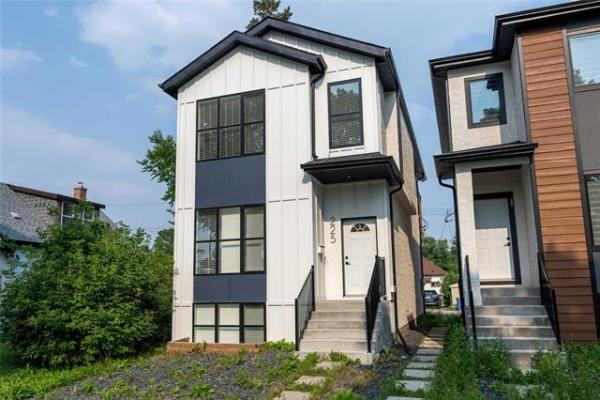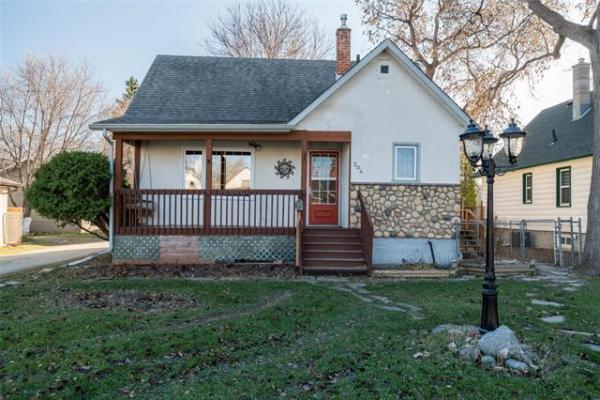Two studies came out last week which shed additional light on the status of housing in Winnipeg. The first, by the Altus Group, dealt with availability. The second, by the Frontier Centre, dealt with affordability.
The Altus Group looked at apartment rental markets across Canada. To no one's surprise, Winnipeg fell into the "tight" market. That is, we have a vacancy rate of 1.1 per cent, the second-lowest in Canada, behind only Regina and tied with Kingston and Guelph. At the other end of the spectrum, in a "soft" market, is Windsor with a vacancy rate of 8.1 per cent.
The 34 cities that were reviewed averaged a 2.2 per cent vacancy rate with an average annual rent increase of 2.7 per cent and an average monthly rent (two-bedroom) of $883. Winnipeg sits close to the national average in most categories except for the fact that we have very few vacancies.
However, when one breaks down the categories further, they see that among those listed as "tight" markets, Winnipeg has one of the lowest average monthly rents, likely explaining why there are so few rental units available.
The Frontier Centre looked at housing affordability and concluded that Canada is the third most affordable country in the world, behind only the United States and Ireland. However, they were careful to note that housing should be looked at on a local perspective rather than nationally or worldwide.
The reason for saying this is that Vancouver sits at the highest end of Canada's unaffordable housing market whereas Windsor and many eastern seaboard cities sit at the low end or extremely affordable. Winnipeg, as you might imagine, sits in the lower third of the 34 Canadian cities or, as often noted here, a most affordable place to buy a house.
The report offers a number of explanations for this discrepancy. One, of course, is consumer demand. There is no doubt that many more Canadians want to live in Vancouver than Windsor. Local policy won't change this fact.
However, with each year of this study completed, the Frontier Centre does advocate that local policies geared toward making buildable land available are the greatest factor that policy makers could change if they wanted to improve housing affordability.
Markets that limit the use of land for new developments invariably increase the value of that land and the cost to new consumers.
Mike Moore is president of the Manitoba Home Builders' Association.



